
Introducing our new range of gummy supplements!
Our gummies are tooth friendly, great tasting, and make taking your daily supplements a delight!
Free from sweeteners, sugars, and preservative.
Naturally coloured and flavoured
Enhanced with FOS from chicory root, a natural soluble fibre that supports digestive health

May Offers
Explore a wide range of popular products at discounted prices
Big savings on best sellers
Multi-buy bargains
Discounts on supplements, pet health, and aromatherapy oils

Feeling tired all the time?
Recharge with…
Multi-Max Recharge contains 27 ingredients.
Including ginseng and CoQ10, to support energy levels.
Trending Products

Gummies

Multi-Max Recharge

CoQ10 100mg

Pro-Biome Complex 4

Anxiety
Discover supplements and expert tips to support anxiety management effectively.

Bone Health
Explore our comprehensive range of bone health products and specialised formulas.
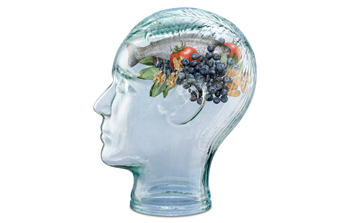
Brain Health
Support cognitive health with our exceptional range of brain health supplements.
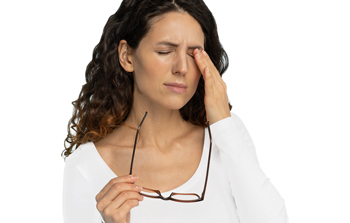
Tiredness & Fatigue
Support your energy levels with our exceptional range of expertly crafted supplements.

Gut Health
Nurture your gut health with our specialised range of supplements for comprehensive support.

Heart Health
Support heart health with our specialised range of supplements for cardiovascular wellness.

Immunity
Support immune health with these essential nutrients and comprehensive range of multivitamins.
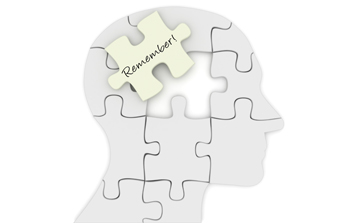
Memory
Discover brain-friendly nutrients such as herbs and vitamins to support cognitive function.

Men's Health
Explore our tailored range of supplements for men of all ages.

Women's Health
Discover our specialised supplements for women of all ages, tailored to their unique needs.

Omega 3s
Premium-grade UK-made fish oil supplements. Friend of the Sea® certified. Freshness guaranteed, responsibly sourced.
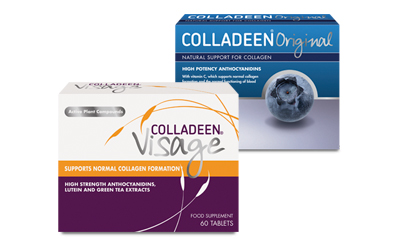
Colladeen®
Anthocyanidins, natural plant pigments, widely researched for their role in skin health.
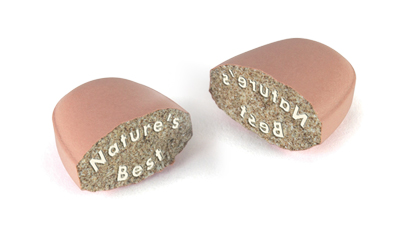
Multivitamins
Discover expert multi-vitamins with age and gender-based formulas for optimal nutrition.
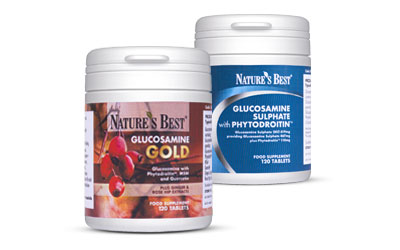
Glucosamine
Quality Glucosamine supplements with complementary nutrients for an active lifestyle.
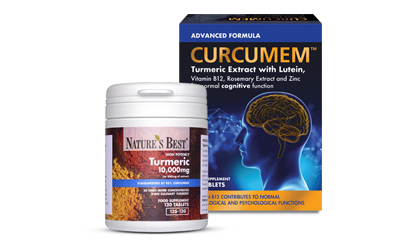
Turmeric
Exceptional quality turmeric supplements crafted from premium-grade raw materials sourced from reputable suppliers.

Herbs & Spices
Support well-being with our range of herbal heroes, including Ginkgo, Palmitoylethanolamide, lutein, and more.
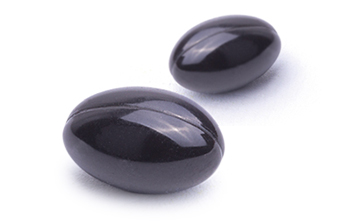
CoQ10 & Ubiquinol
Shop our range of all-natural CoQ10 (ubiquinone) and body-ready ubiquinol supplements.
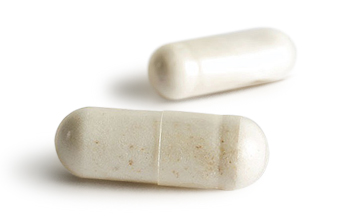
Digestion
A supplement range designed by nutrition experts to support the digestive system.
Buy With Confidence At Nature's Best

About Nature's Best
Founded in 1981 and now one of the UK’s best loved nutritional supplement suppliers. Leaders in nutrition science with over 250 products in our range, amazing service and FREE expert nutrition advice.

Nutrition Buzz
Access an extensive range of health and wellness articles, offering expert advice into the world of vitamins, minerals and supplements. Discover practical tips and knowledge to empower you in your pursuit to wellbeing.

Free Expert Advice
We have a team of friendly Expert Nutrition Advisors that provide FREE individual help and advice, so that customers can make the right choice about their health and supplement regime.
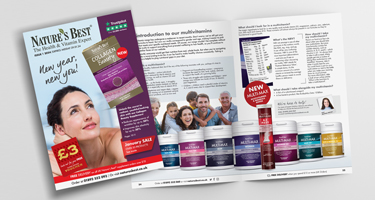
Catalogue Requests
Request a copy of our catalogue and discover our extensive range of products. Thoughtfully designed to assist you in navigating through more than 250 vitamins, minerals, and supplements. Additionally, explore our assortment of aromatherapy essential oils and nourishing health foods. A must-read resource for leisurely browsing and exploring our exciting collection.
Shop Our Top Products

Focus of the month:
Energy
Energy
Explore articles on how to support your energy levels, emphasising nutrition, lifestyle changes and helpful supplements.
Save Even More With Our Affiliates
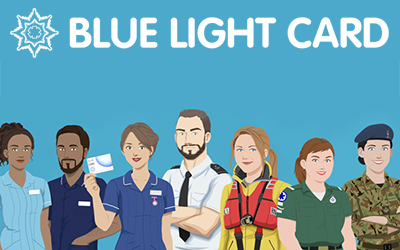
Emergency services discount

Armed Forces and Veterans

Men & Women 55+

Student discount

Student, apprentice or aged 16-26









